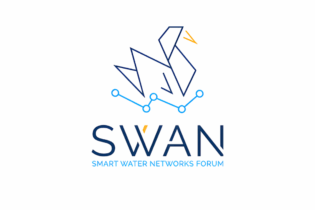Effective water governance helps to ensure that water resources are managed in a transparent, accountable, and equitable manner and that water services are delivered in a way that meets the needs of customers while also being financially sustainable.
Several factors contribute to water crises in our communities. Here’s how we can improve:1. Clear legal framework
Strong, clear laws and regulations help municipalities operate effectively and hold them accountable. We encourage COGTA and stakeholders to review and update these for improved performance.2. Transparency and openness
Open communication and access to information are key. When municipalities are transparent, it builds trust and allows citizens to be involved. This often leads to better service delivery as well.3. Public participation
Including the public in decision-making processes creates a sense of ownership and improves outcomes. Mechanisms like public meetings, feedback systems, and community engagement can make a big difference. Strong relationships with communities are vital. Understanding community needs allows municipalities to better serve them.4. Sound financial management
Effective budgeting, financial reporting, and auditing are crucial. Strong financial governance helps prevent misuse of resources and ensures they are used efficiently to serve the community.5. Independent oversight
Strong oversight bodies like independent board members, audit committees, and anti-corruption agencies are essential. We can support and advocate for strengthening these bodies.







